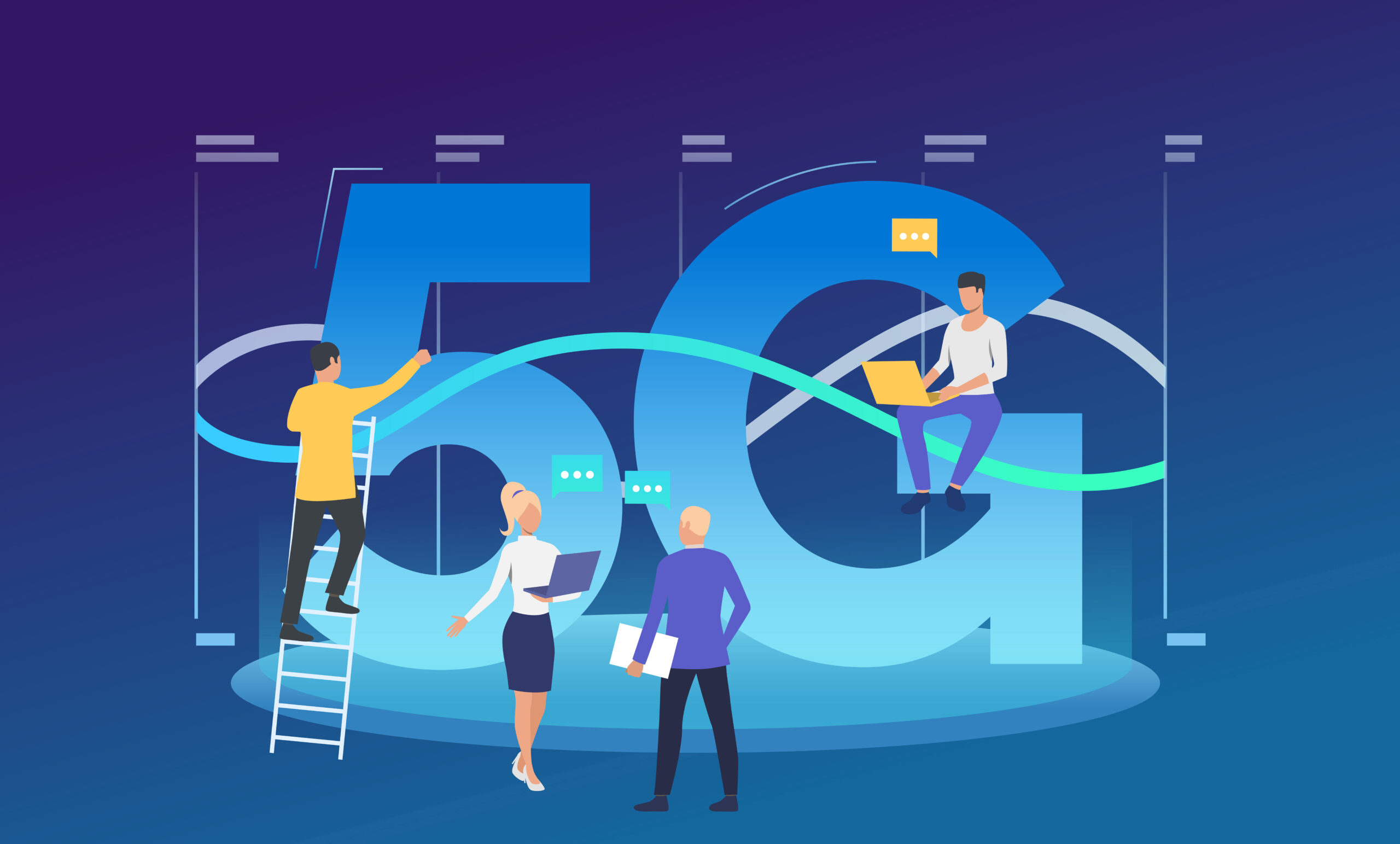In the ever-evolving landscape of telecommunications, the advent of 5G technology has sparked a revolution that promises to redefine the way we connect, communicate, and interact with the world around us. As the fifth generation of wireless technology, 5G is poised to unleash a wave of transformation across various industries, ushering in an era of unprecedented speed, reliability, and connectivity. In this blog post, we will delve into the profound impact of 5G technology on the future of connectivity, exploring its implications for businesses, consumers, and society as a whole.
Understanding 5G Technology
- Unleashing Unprecedented Speed: 5G technology represents a monumental leap forward in wireless connectivity, offering significantly faster data transmission speeds compared to its predecessors. With the potential to deliver multi-gigabit per second data rates, 5G has the capacity to revolutionize the way we access and utilize digital content, paving the way for seamless streaming, ultra-high-definition video, and immersive virtual experiences.
- Embracing Low Latency: One of the defining features of 5G is its remarkably low latency, enabling near-instantaneous communication between devices. This ultra-low latency is poised to unlock a myriad of possibilities, from real-time remote control of machinery and vehicles to the seamless integration of augmented reality (AR) and virtual reality (VR) applications in various domains.
- Enabling Massive Device Connectivity: Another hallmark of 5G technology is its ability to support a vast number of connected devices simultaneously. This capability is fundamental to the realization of the Internet of Things (IoT) and the proliferation of smart devices, allowing for enhanced automation, predictive analytics, and the seamless integration of interconnected systems.
The Impact on Industries
- Transforming Healthcare: The implementation of 5G technology in healthcare holds the promise of revolutionizing telemedicine, remote patient monitoring, and surgical procedures. With its high-speed, low-latency connectivity, 5G can facilitate real-time transmission of medical data, enabling healthcare professionals to deliver remote care and diagnostics with unprecedented accuracy and efficiency.
- Revolutionizing Manufacturing and Industry 4.0: In the realm of manufacturing, 5G’s low latency and high bandwidth capabilities are poised to drive the widespread adoption of smart factories and industrial automation. The seamless connectivity offered by 5G networks can enable real-time monitoring and control of production processes, predictive maintenance, and the integration of robotics and augmented reality interfaces in manufacturing operations.
- Empowering Autonomous Vehicles: The future of transportation is undergoing a radical transformation with the advent of 5G technology. The ultra-low latency of 5G networks holds the potential to enable real-time communication among autonomous vehicles, traffic management systems, and infrastructure, fostering safer and more efficient transportation networks.
- Enhancing Entertainment and Media: The impact of 5G on the entertainment industry is profound, as it facilitates the seamless streaming of high-definition content, interactive gaming experiences, and immersive virtual reality applications. With 5G, consumers can expect to enjoy unparalleled connectivity and digital experiences, transcending the limitations of existing networks.
Implications for Consumers and Society
- Redefining Connectivity in Urban Environments: n urban centers, the deployment of 5G technology is set to redefine the concept of connectivity, enabling smart city initiatives, intelligent transportation systems, and enhanced public services. From smart traffic management to environmental monitoring, 5G has the potential to enhance the quality of life in urban environments through its pervasive and reliable connectivity.
- Bridging the Digital Divide: As 5G technology continues to proliferate, it holds the potential to bridge the digital divide by extending high-speed connectivity to underserved and remote areas. This has the capacity to unlock new opportunities for education, telecommuting, and economic development in regions that have historically faced connectivity challenges.
- Fueling Innovation and Entrepreneurship: The widespread adoption of 5G technology is expected to catalyze a wave of innovation and entrepreneurship, fostering the development of new applications, services, and business models that leverage the transformative capabilities of ultra-fast, low-latency connectivity. From augmented reality commerce to real-time remote collaboration, 5G has the potential to unlock new frontiers of digital innovation.
The advent of 5G technology represents a seismic shift in the realm of connectivity, with far-reaching implications for industries, consumers, and society at large. Its unrivaled speed, low latency, and massive device connectivity capabilities are poised to unleash a wave of innovation, transforming the way we live, work, and interact with the digital world. As 5G continues to unfold, it holds the potential to redefine the fabric of our connected existence, ushering in an era of boundless possibilities and unparalleled connectivity.



